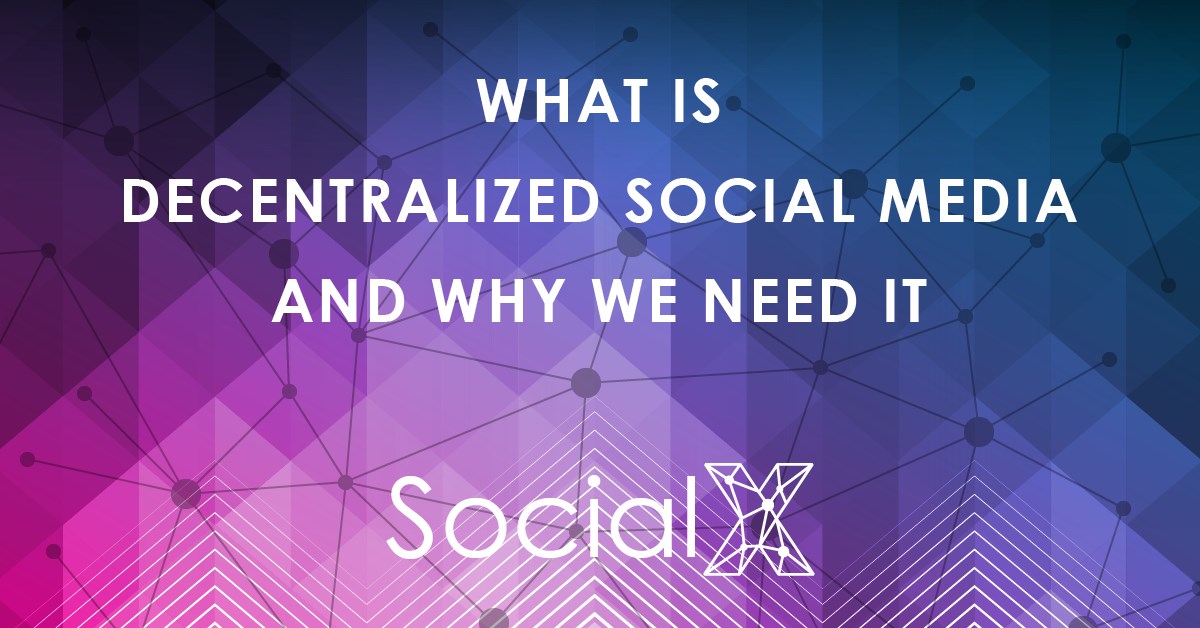
Internet is a revolutionary technology, more like a universe of its own. Today, people exist in cyber world as much as they do in their real physical worlds. It has come to light with time that the digital world is directly impacting people’s real lives. News, reviews, entertainment, and education, everything is on the internet today. It makes sense for blogs, forums, and social networks to be unbiased when they disseminate some information. This way, people can learn the truth, and only the truth. However, the greed of growing the business ate the willingness to spread the truth.
The Reality of Modern Social Media
Modern Americans and many others around the world are not unaware of the term Fake News. Unfortunately, modern social networking platforms play an active role in spreading fake news i.e. a piece of information made into worthwhile news through manipulation of data and exploitation of resources to promote an agenda. As much as people want to know the truth, today’s social networks keep it a secret from them. In fact, fake news is affecting people’s choice whether it is a purchase of an item or voting a new president.
Answering the Important Questions
Here is an important question for the readers.
Question: How can you be sure that a social network’s staff that supports a particular political group will not resort to exploitation of its power to promote the content it likes and suppress the content that goes against its values?
It’s not just political orientations that can compel these people to promote certain type of content. It could be religious beliefs, gender biasness, jingoism and much more. Here is another important question.
Question: What if a social network exploits its power and involves in the act of misinformation?
Who do you think will ever know about the manipulation? Since there is no central monitoring system or a department to which the social network is answerable, there is no risk of reprimand even when engaging in misinformation.
That’s exactly what Facebook has done to its users in the past. The recent privacy issues that pulled Mark Zuckerberg, the founder of Facebook, into the congress to face heated questions from congress members are of serious nature. Take the Cambridge Analytica scandal for example. The company misused 87 million Facebook-user data and made them a target of biased political ads to make them vote a certain candidate in the 2016 elections in the US – their votes swayed just like that.
What’s the answer to such monopolistic acts of social networking platforms?
Decentralized Social Media
Decentralized social media is the most appropriate answer to the monopolistic attitudes of modern social networking platforms. You cannot make billions of Facebook users close their accounts and switch to a new social networking platform just like that. You have to provide them with a better alternate solution, and that’s what decentralized social media aims to achieve.
A decentralized or blockchain-based social media addresses the first and the most serious issue with today’s social networks – centralization. When there is only one company storing all the data of the users and it is not accountable to anyone for what it does with that data, it can do whatever it wants without ever being answerable to anyone.
Blockchain social network decentralized the control through its distributed ledger. The data of the users is not saved on one server but many servers that are owned by people who are not connected or related to each other. That’s the best way to prevent rule from going in the hands of one entity. When you divide the rule, the Facebook-like monopoly is out of question.
Even if one of the servers/nodes tries to tinker with your data, the rest of the nodes will know it immediately. This process makes decentralized social networks foolproof.
In addition, there is no room for fake news on decentralized social media. When companies create their blockchain social networks, they come up with an entire system in which promotion of content takes place in a certain way.
Most importantly, decentralized social platforms will incentivize the creation of content. They create tokens that are exchanged on their platforms. When a content creator creates a video, image or text-only post and receives upvotes/likes on it, he/she is rewarded with those tokens. That’s something Facebook has never done for its users.
Final Thoughts
A decentralized social media platform is your best chance against today’s social networks like Facebook and Twitter. When you are so loyal to a company, the least they can do is be honest with you. Facebook has completely failed at that, and the recent events have shown that they don’t value their users. On the other hand, a decentralized system automatically gives power to the user. This can be via creation of paid content or putting an end to fake news.
Read more:
Open Source Social Media Platforms

